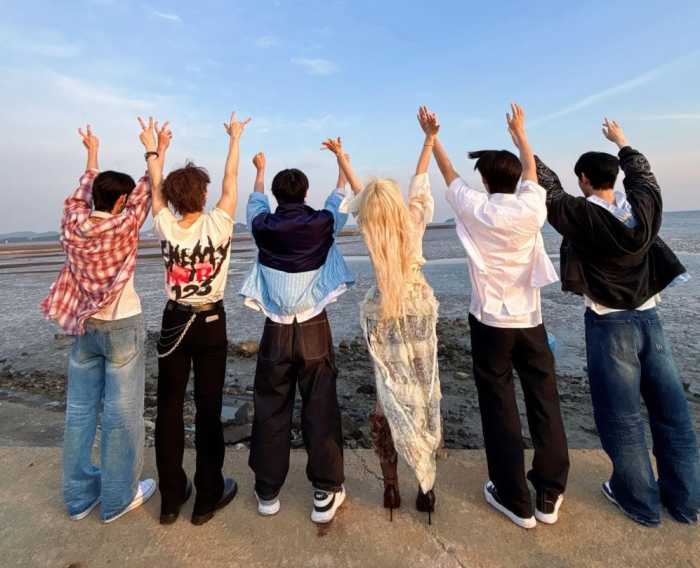Brian Cosgrove, now 28 years old, spent his teenage years without his father.
His dad, Kevin, was killed when the south tower of the World Trade Center fell 16 years ago, leaving him trapped above the impact zone. Now, Cosgrove is hoping to inspire others dealing with loss as one of the main people featured in “We Go Higher,” a documentary by and about children who lost a parent during the 9/11 attacks.
The doc, which started filming in July and is set to premiere in 2018, aims to show the impact of the terror attacks from a different perspective. According to the filmmakers, more than 3,000 children 18 and under lost at least one parent on Sept. 11, 2001.
“We basically are just trying to break apart the stigma that comes along with 9/11,” Cosgrove, of West Islip, said. “The majority of the world has this weird perception how it must have been growing up — I have had a lot of darkness in my life and rough times … The movie has been an outlet to kind of give back to others and let them know there is a bit of hope.”
Cosgrove’s father worked on the 99th floor of the south tower for Aon, an insurance agency that lost 176 employees that day. During the attacks, he took the time to call family members and, as the fire marshal on his floor, he tried to help people get out safely, Cosgrove said. He traveled to the 105th floor to try to find a staircase that wasn’t blown out by the impact, Cosgrove added, but was unable to make it any further.
Cosgrove said he suffered growing up without his father, and still, does, but hopes his story can inspire others.
“The whole point of this movie is to show people that we can rise above everything that happens to us. It’s not what happened to me that defines me,” he said. “I’m hoping that my vulnerability — coming forward and telling how it is — will show people that you can really move beyond everything that’s happened to you in your life. That you can be more and you can be loving and kind to everyone no matter what you’ve been through.”
“I kind of just want people to be able to relate to me and kind of continue moving forward with their own life,” he added.
Just 12 years old when he lost his father, Cosgrove said it was especially difficult since he vividly knew what he lost.
“He was just [a] super unconditionally loving kind of guy. He worked really hard and on the weekends it was all about us,” he said. “I know what I lost. I feel deeply the pain of what I lost. My memories are extremely fond so moving forward in my life it was super hard for me to cope.”
Now, as a father himself to a young daughter, Brea, about to turn a year old, he said it’s important to embrace his dad’s memory as a positive.
“My whole life I was upset because I lost my father, I didn’t have a dad. It was stolen from me,” he said. “Now I have a daughter, now I get to be a father. That’s how life can change so quickly. Just because I lost my father doesn’t mean I can’t live his spirit into my life … It’s about embracing who they were and moving forward and celebrating their life. We have to really embrace our life and not take our moments for granted.”
Read more: TV Wedding for NYPD Officer and Teacher

































